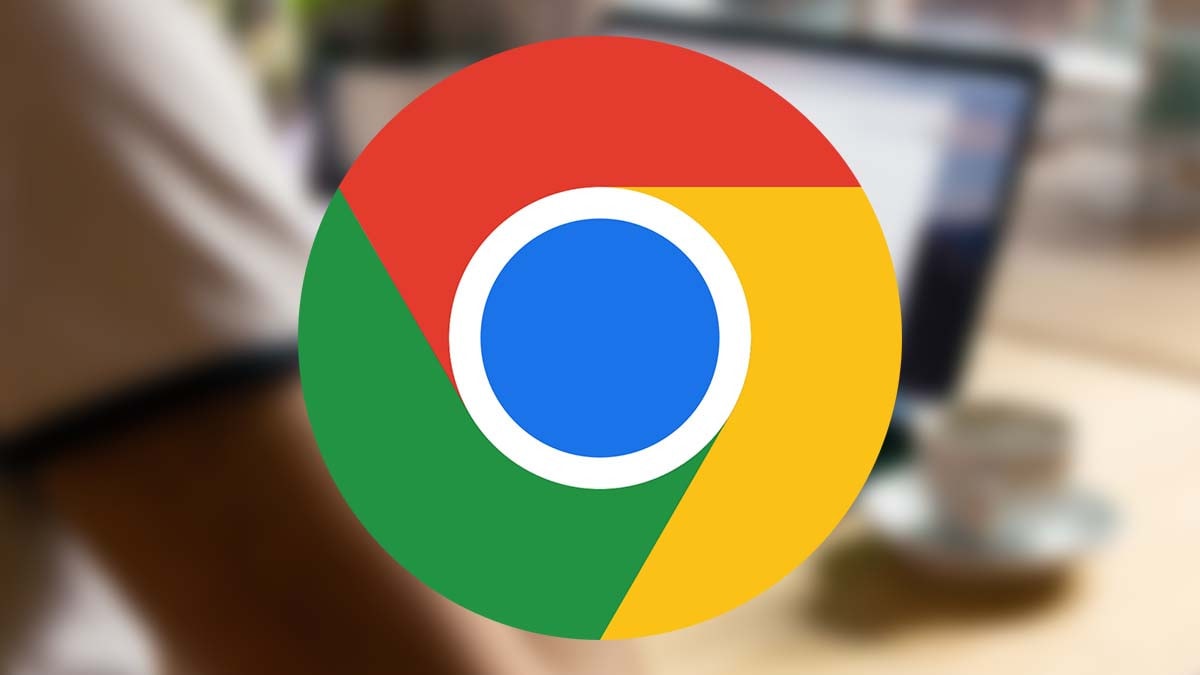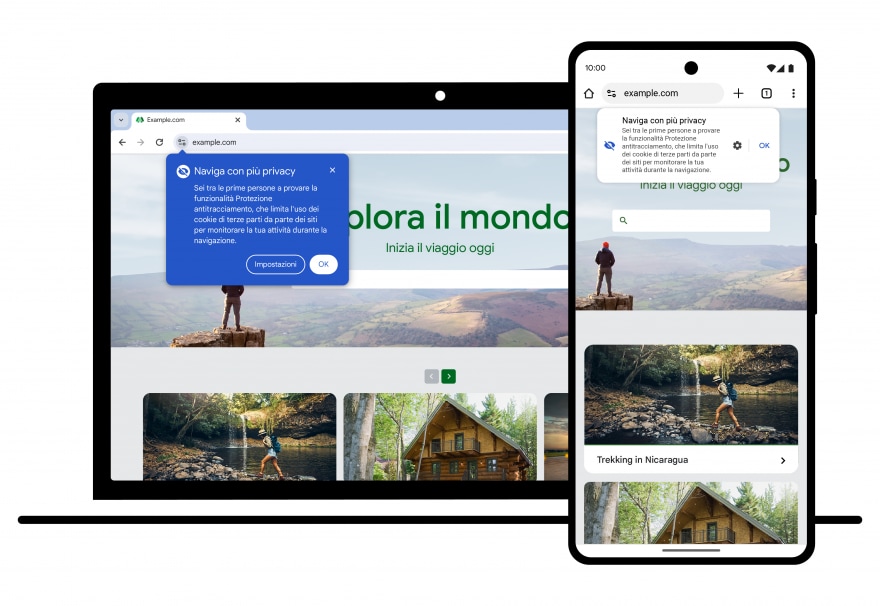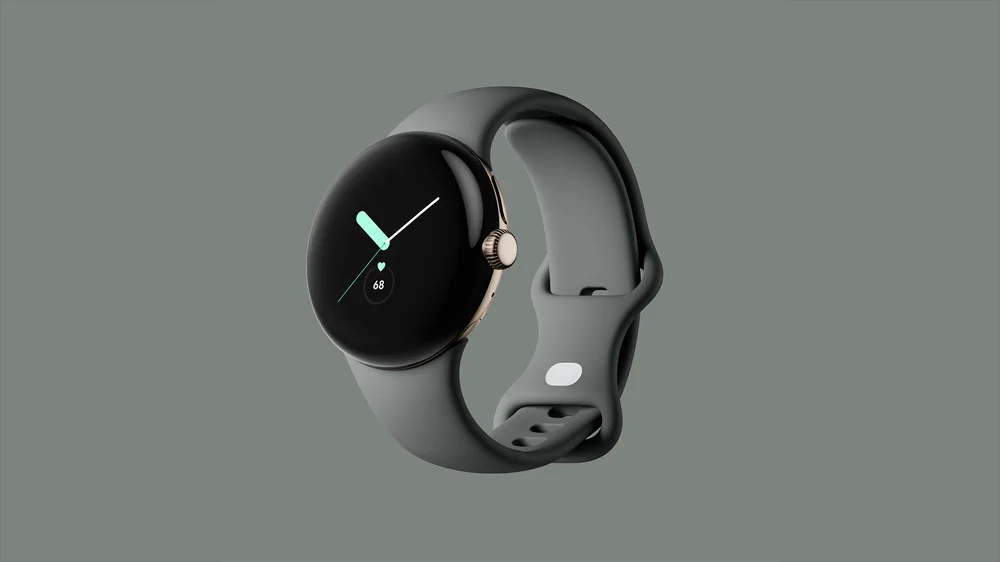
Google had promised that it would activate email blocking in the first quarter of 2024 third-party cookies on Chrome through his well-known instrument Privacy Sandboxand now we finally have a date: the January 4, 2024 (do you know how to delete cookies?).
The function, called Anti-tracking protectionwill be active from that date on1% of users Global Chrome (chosen at random) and will serve for protect them from tracking by cookies (or at least limit it).
The concept, for those who don’t remember, is quite simple. THE cookies Of third parts they have always served the sites to remember the information of users and offer a more browsing experience fast And personalized (such as remembering your login and other settings). Over the years, however, the function remains got out of hand and were used in a non-transparent way to track users, not only on the site in question, but also between sites, in order to show relevant ads and above all profile users.
While other browsers use solutions integrated anti-tracking or extensions like ad blockerGoogle, which basically sells advertising, has developed its own technology called Privacy Sandboxwhich allows you to protect user privacy but at the same time do not block the ads.
The solution was criticized by privacy experts and regulators have held high attention (not convinced by GrandeG’s monopoly in the advertising sector), but now it is in the home stretch and from January the Mountain View company will start the experimentation on a small percentage of users, in order to give developers time to adapt the sites to the new solution.
How will it work? From January 4th, selected users will be notified by a blue window when they open Chrome from desktop or device Android.

Notification for Tracking Protection on Chrome. Source: Google
And that’s it, because the protection will be active for default setting and you won’t have to do anything else. “Third party cookies will be restricted by default, limiting the ability to track you across different websites“, writes Google.
Sure, there could be problems, as it is possible that tracking protection may cause some to malfunction Web sites dependent on cookies. In this case, users can always deactivate it and temporarily reactivate third-party cookies, exclusively for that website.
To do this, just click on the icon shaped eye on the right in the address bar and activate the button next to the item Third party cookies.

Reactivation of cookies for a site. Source: Google
So everything is fine? It’s not for sure. As Google itself admits, this timing is subject to revision in case the Competition and Markets Authority (CMA) English is not convinced by the explanations provided by Google
As we anticipated at the beginning, the CMA is concerned that Google prevent competition in digital advertising, and also the European Union’s antitrust regulator Margrethe Vestager it also said last June that investigations into the Privacy Sandbox initiative were ongoing.
For their part, so do the advertisers they do not seem satisfied, as they say that the loss of cookies in the world’s most popular browser will limit their ability to collect information for customize ads and make them relevant, while the Bank of Americathrough brokerage BofA Global Research, said in a note Thursday that phasing out cookies will give more power to media agenciesparticularly those that are capable of providing proprietary information at scale to advertisers.
In short, on the eve of this one Revolution it seems that Google, in an attempt to please everyone, will not please anyone. Or maybe just herself.



